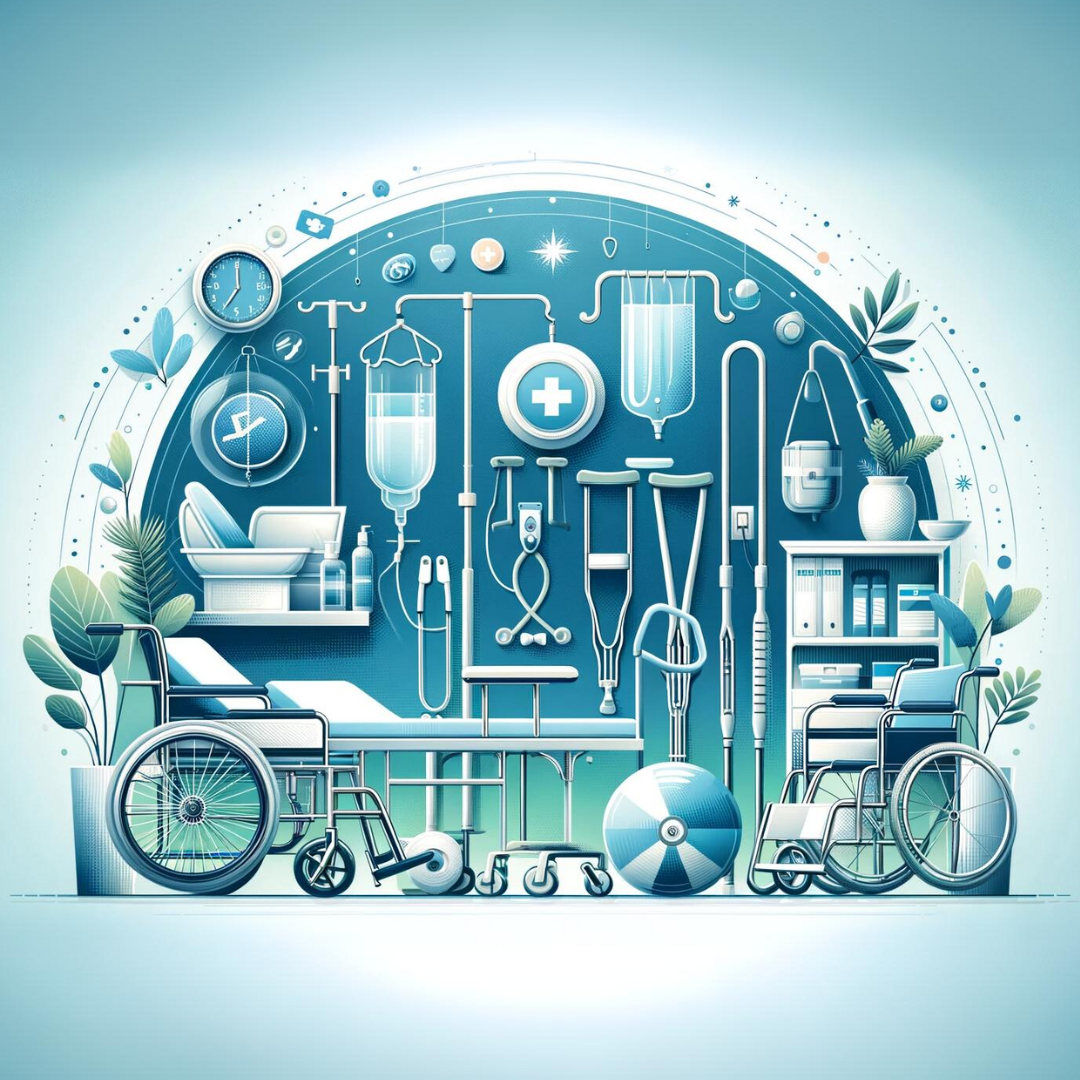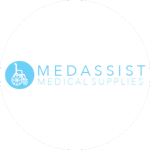Durable Medical Equipment in Personal Injury Cases: Enhancing Client Recovery and Well-Being

Durable Medical Equipment (DME) refers to medical equipment that is designed for repeated use, primarily to aid individuals with injuries or chronic conditions. This equipment ranges from mobility aids like canes and wheelchairs to more complex devices such as respiratory care equipment and nerve and muscle stimulators. In the context of personal injury law, DME becomes a pivotal aspect of a client’s recovery journey.
For patients recovering from accidents or injuries, DME offers more than just physical support; it provides a pathway to independence and a better quality of life during the healing process. The right equipment can significantly reduce recovery time, improve rehabilitation, and, most importantly, restore a sense of normalcy to the lives of injury victims.
Benefits for Law Firms and Clients For law firms, recommending DME providers who work on a lien basis can significantly enhance the support offered to clients. It demonstrates a commitment to the client’s well-being and recovery, beyond just legal representation.
For clients, the benefits are plentiful. Access to DME without the immediate financial strain allows for a focus on recovery. It also opens doors to high-quality medical equipment that might otherwise be inaccessible due to cost constraints. The lien process enables a more holistic approach to recovery in personal injury cases.
Commonly Needed Durable Medical Equipment in Personal Injury Cases From mobility aids to personal care accessories, the right DME is pivotal for the recovery and rehabilitation of your clients. As legal professionals, understanding these needs and facilitating access to the appropriate equipment is key in championing your clients’ best interests and ensuring their well-being during and after their legal journey. Here’s an overview of the DME items most frequently needed in personal injury cases.
Mobility and Walking Aids
Crutches and Walkers: Essential for injuries affecting mobility, crutches and walkers provide support for those recovering from leg, foot, or lower body injuries.
Wheelchairs and Scooters: For more severe mobility impairments, wheelchairs and scooters offer independence and accessibility, enabling clients to navigate their environments with ease.
Orthopedic and Support Equipment
Braces and Immobilizers: For upper and lower extremities, including elbow braces, shoulder immobilizers, and knee braces, essential for stabilizing injured areas.
Lumbar and Cervical Supplies: Including back braces and cervical collars, critical for spinal support and alignment.
Rehabilitative and Comfort Equipment
Hospital Beds: Often necessary for clients with severe injuries requiring prolonged bed rest, hospital beds offer adjustable features to enhance comfort and aid in recovery.
Decubitus Care: Including specialized mattresses like low air loss or alternating pressure mattresses, essential for preventing pressure ulcers in bed-bound patients.
Personal Care Aids
Bathroom Safety and Raised Toilet Seats: These aids ensure safety and independence in personal hygiene routines, especially for those with mobility challenges.
Understanding the specific needs of your clients and the available DME options can greatly impact their recovery journey, not only aiding in their physical rehabilitation but also contributing to their overall well-being during the legal process.
Power Liens is Proud to Introduce MedAssist
Power Liens is continually expanding our network of trusted providers to offer comprehensive support to personal injury firms and their clients. We are excited to announce our newest Preferred Provider, MedAssist. MedAssist offers Durable Medical Equipment on lien in Los Angeles and telemedicine statewide throughout California. Please click the link below to learn more:
MedAssist
Durable Medical Equipment
Los Angeles | Telemedicine Statewide

